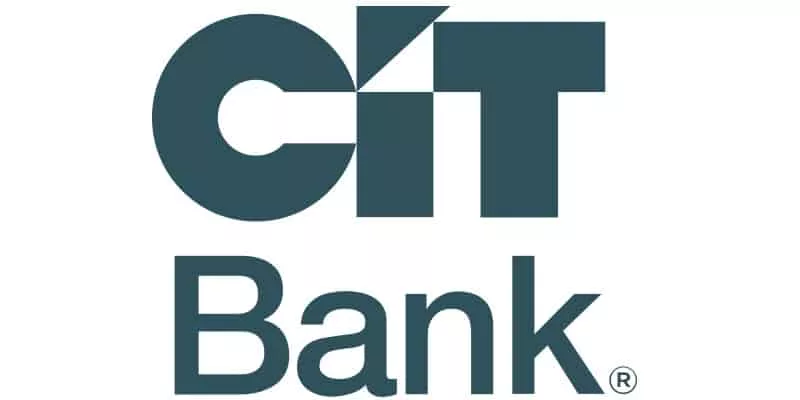Certificates of Deposit or CDs are essentially low-risk investments where you agree to deposit your money for a fixed period of time and in return, the bank pays you interest on that deposit.
So, CDs are a secure and beneficial way to invest your money, but what happens if you need to withdraw early?
5 Facts About a CD Early Withdrawal Penalty
The unique selling point of CDs is that they offer guaranteed growth. That means, regardless of market fluctuations, your money will grow at a predetermined rate. But if you need your money back before the CD matures here are 5 facts about CD early withdrawal penalties:
- CD withdrawal penalties are charged by the bank when you withdraw money before the CD matures. This is because the bank is counting on your money being on deposit for the entire term so they can invest it and earn a return. If you withdraw your money early, they lose out on that potential income.
- The amount of the penalty can vary depending on the bank. The term of the CD, and the amount of money you withdraw factors into the CD withdrawal penalty. However, federal law requires that the penalty be at least seven days' interest on the amount withdrawn, if the withdrawal is made within the first six days of opening the CD.
- Some banks offer CDs with no early withdrawal penalty. These CDs typically have lower interest rates than traditional CDs.
- Penalties can be at the discretion of the bank. You may be able to avoid the penalty if you have a qualifying event, such as death, disability, or a medical emergency.
- The penalty is considered interest income for tax purposes. This means that it will be taxed at your ordinary income tax rate.
Why banks assess CD early withdrawal penalties
CDs are essentially agreements between you and the bank. You agree to let the bank hold onto your money for a set period, and in return, the bank pays you interest. However, if you decide to break this agreement and withdraw your money before the agreed-upon maturity date, you'll face what's known as an early withdrawal penalty.
How early withdrawal penalties are determined
The penalty isn't just a flat fee. It's typically calculated based on a set period of interest. That means the amount you'll lose in penalties is directly related to the term and interest rate of your CD. If your CD has a longer term or a higher interest rate, the penalty could be quite substantial.
There isn't a single, universal formula for calculating CD early withdrawal penalties. Each bank has its own policy, which is typically outlined in the CD agreement you receive when opening the account. However, there are some standard policies you can expect:
- Penalty based on interest. Most commonly, the penalty is expressed as a number of days' interest forfeited on the withdrawn amount. This could be anywhere from 30 to 365 days of interest, depending on the bank and the CD term. For example, if your CD has a 90-day interest penalty and you withdraw money after 6 months, you'll lose the interest you would have earned for the remaining 3 months of the initial 6-month term.
- Penalty based on CD term. Some banks might have a tiered penalty structure based on the CD's term. For instance, there might be a lower penalty for early withdrawals from short-term CDs (less than 1 year) compared to longer-term CDs.
It's crucial to refer to the specific terms and conditions of your CD to understand how their early withdrawal penalties are calculated. You can usually find this information in the CD agreement you received when opening the account or by contacting your bank directly.
How to avoid CD early-withdrawal penalties
CDs are known for their fixed terms and early withdrawal penalties, but there are options for more flexibility
- No-Penalty CDs. These are a special type of CD that allows you to withdraw your money before the maturity date without any penalty. This gives you the freedom to access your funds if you need them, without losing out on any earned interest. However, remember that no-penalty CDs usually come with a trade-off – they typically offer a shorter term for growth.
- Set up a CD ladder. CD ladders are a strategy for managing CDs that can offer both flexibility and optimized returns. Here's how it works: instead of putting all your money into one CD, you divide it among several CDs with different maturity dates. This way, you have CDs maturing at regular intervals, providing a steady cash flow. It's like having your cake and eating it too. You get the higher interest rates of longer-term CDs, but also the frequent access to your money as with shorter-term CDs. With CD ladders, you're not locked into one interest rate. If rates go up, you can take advantage of them as each CD matures. And if rates go down, you're still earning higher interest on the CDs with longer terms. It's a win-win.
Final takeaway
CDs are low-risk investments that provide guaranteed growth with the added security of FDIC protection. However, it's important to remember that early withdrawal penalties can eat into your returns. Even if you only withdraw from shorter-term CDs with lower penalties, the fees can still reduce your overall earnings. Consider a more flexible high-yield savings account if you're unable to commit to a CD term length.














